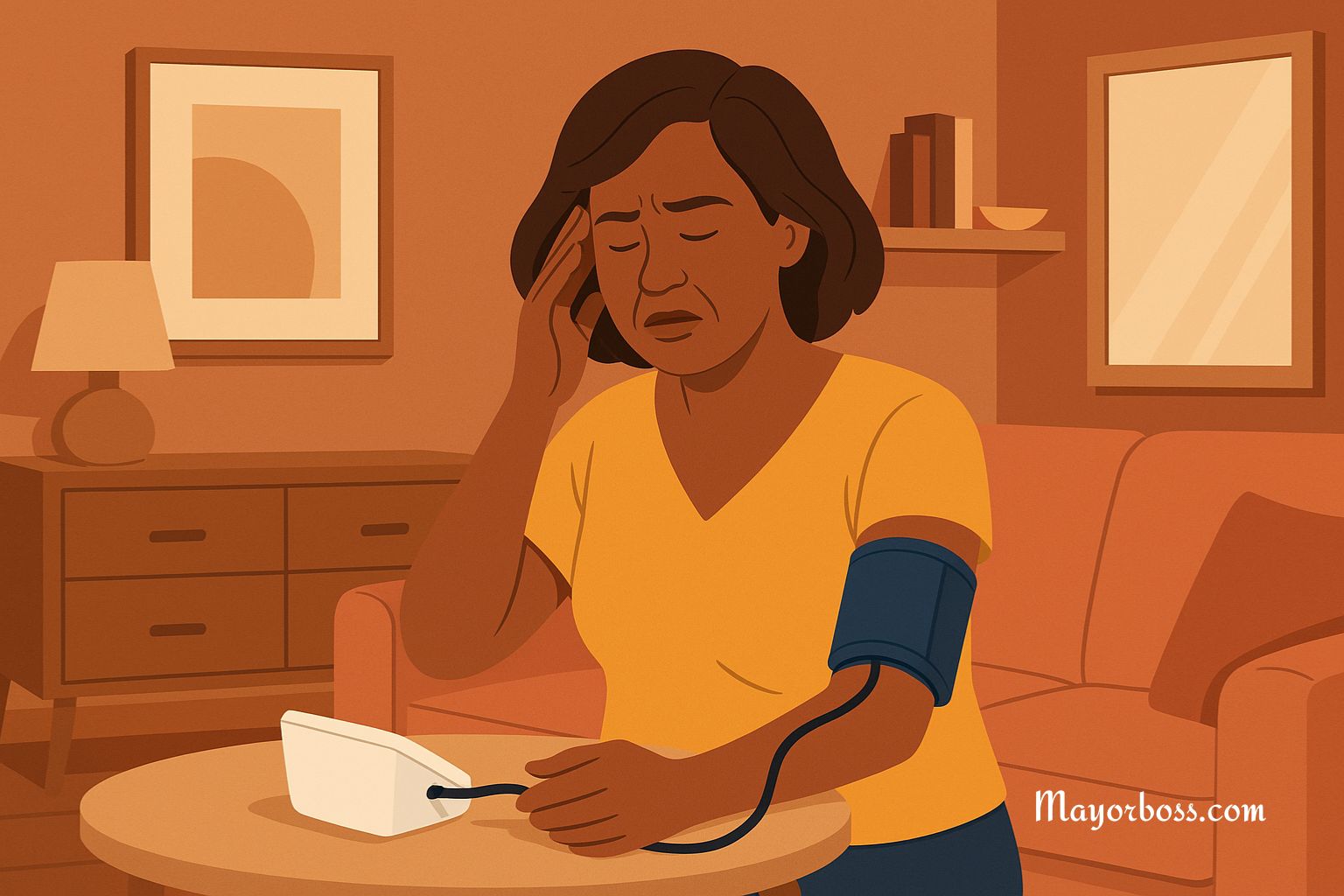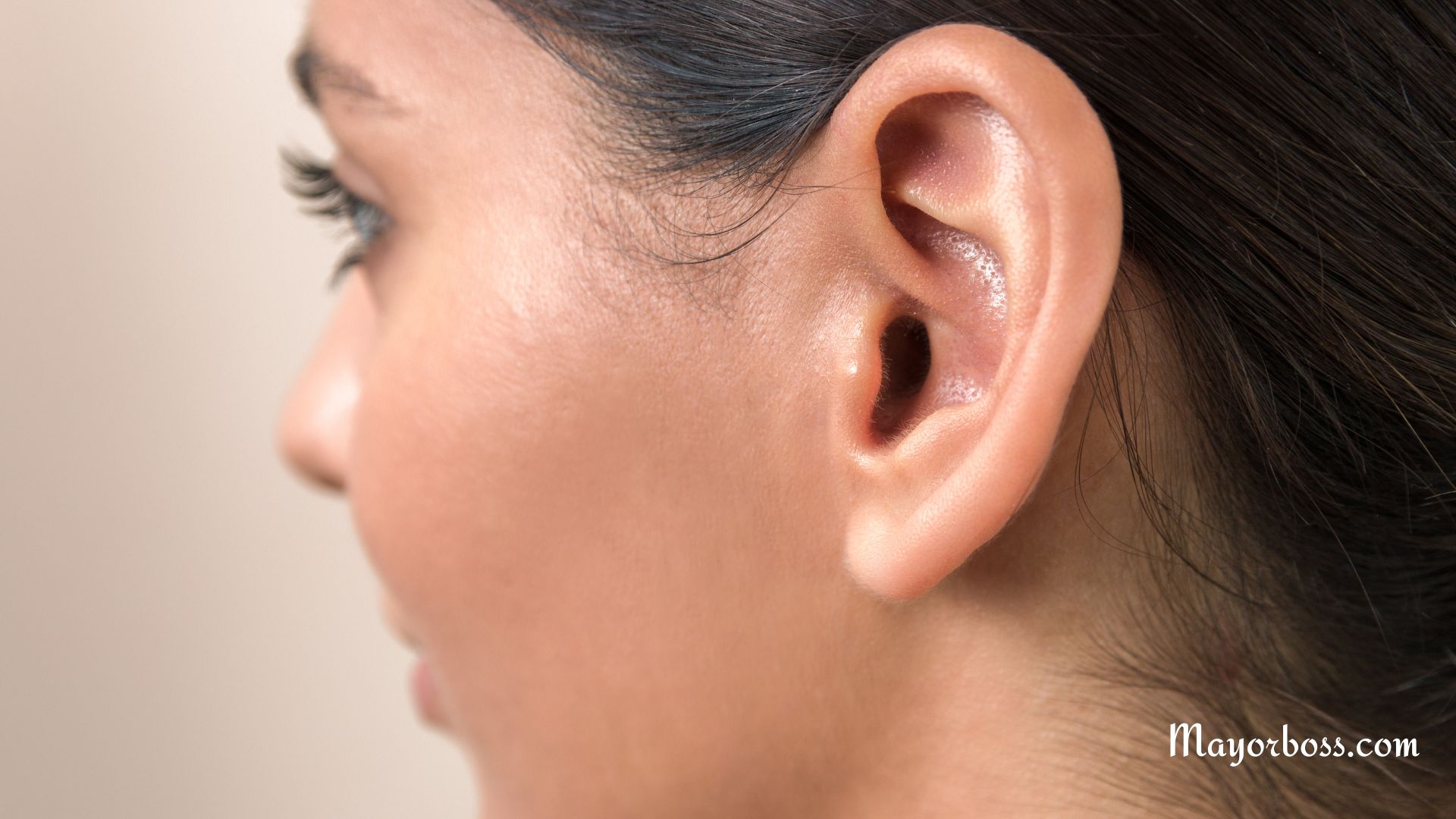20 Symptoms of An Allergic Reaction
Ever experienced sneezing or itching after encountering certain substances? You might be dealing with an allergy. Let’s break down what this term means and the symptoms that occur during an allergic reaction.
What Is an Allergy?
In simpler terms, an allergy is a response by your immune system to a substance that does not bother most other people.
These substances, called allergens, can be encountered in various ways – they can be eaten, inhaled, injected (as in a bee sting), or simply come into contact with the skin.
When you have an allergy, your immune system views the allergen as a dangerous invader or a danger. It responds by releasing substances like histamine to fight off the allergen. This reaction leads to the symptoms we associate with allergies.
Allergies can range from minor to severe. An example of a mild allergic reaction could be hay fever, characterized by symptoms like sneezing, runny nose, and itchy eyes.
On the severe end of the spectrum is anaphylaxis, a life-threatening reaction that can specifically cause difficulty breathing and a sudden drop in blood pressure.
Common allergens include pollen, dust mites, mold, animal dander, insect stings, latex, and certain foods and medications.
The exact cause of why some people develop allergies is unknown, but they often run in families, suggesting a genetic factor.
Environmental factors may also play a role in developing allergies.
Symptoms of an Allergic Reaction
Allergic reactions can present in a variety of ways. If you’ve ever wondered what an allergic reaction might look like, Here are 20 common symptoms:
- Sneezing: This is a common reaction to airborne allergens like pollen or dust.
- Runny or Stuffy Nose: Allergens often trigger symptoms similar to a common cold.
- Itchy, Watery Eyes: Many people with allergies experience this annoying symptom.
- Itchy Throat or Ears: These symptoms can accompany an allergic reaction to food or environmental allergens.
- Coughing: This can occur due to an allergen irritating the respiratory tract.
- Wheezing: Difficulty breathing due to a tightened airway is a more severe allergic symptom.
- Shortness of Breath: This can occur in severe allergic reactions, such as anaphylaxis.
- Rashes or Hives: These appear as red, itchy bumps on the skin.
- Swelling: Areas of the body, like the face or lips, may swell in response to an allergen.
- Stomach Cramps: Food allergies can cause these.
- Vomiting or Diarrhea: These are additional symptoms that can occur due to a food allergy.
- Tingling Mouth or Throat: This is a common symptom of food allergies.
- Anaphylaxis: This severe, life-threatening reaction includes symptoms like difficulty breathing, severe swelling, dizziness, rapid pulse, and loss of consciousness.
- Fatigue: Some people may feel unusually tired due to their body’s reaction to allergens.
- Headaches: Allergies can trigger migraines or tension headaches in some individuals.
- Sinus Pain or Pressure: This can be a symptom of an allergic reaction to airborne allergens.
- Red, Dry, or Peeling Skin: Contact allergies can cause these symptoms.
- Excessive Sweating: Certain individuals might experience this during an allergic reaction.
- Nausea: This is a common symptom, especially in food allergies.
Flushing: Some individuals might notice their skin turning red and warm during an allergic reaction.
Treating Allergies
If you’re suffering from allergies, you might be wondering how you can find relief. I’m here to guide you through several strategies for managing allergies.
1. Avoidance
The best way to particularly prevent an allergic reaction is to avoid the allergens that cause your symptoms.
For instance, if you’re allergic to dust mites, using allergen-proof bed covers and washing your bedding frequently in hot water can help reduce exposure.
2. Medication
Several types of medications can help ease allergy symptoms. These include:
- Antihistamines: These help counteract the histamine produced by your body during an allergic reaction, relieving symptoms like itching, sneezing, and runny nose.
- Decongestants: These can help clear mucus out of your nasal passageways to relieve congestion and swelling.
- Nasal sprays: Certain nasal sprays help reduce inflammation and swelling in your nose.
- Eye drops: These can help relieve itchy, watery eyes.
3. Immunotherapy
Basically, for severe allergies or allergies not entirely relieved by other treatments, your doctor might recommend immunotherapy.
This involves receiving regular injections or taking under-the-tongue tablets of a small amount of the allergen to boost your tolerance over time.
4. Emergency Epinephrine
If you’re at risk of a severe allergic reaction (anaphylaxis), you’ll likely need to carry an emergency epinephrine injector (EpiPen).
This device can help counteract the life-threatening symptoms of anaphylaxis until you can get to an emergency room.
It’s important to remember that while these treatments can help manage allergy symptoms, they can’t cure allergies. If you suspect you have an allergy, it’s essential to consult a healthcare provider.
They can perform tests to confirm the allergy, advise you on avoiding allergens, and prescribe appropriate treatments. With the right approach, you can keep your allergy symptoms under control and lead a comfortable life.
Further Reading: How to Get Rid of Pollen Allergies






